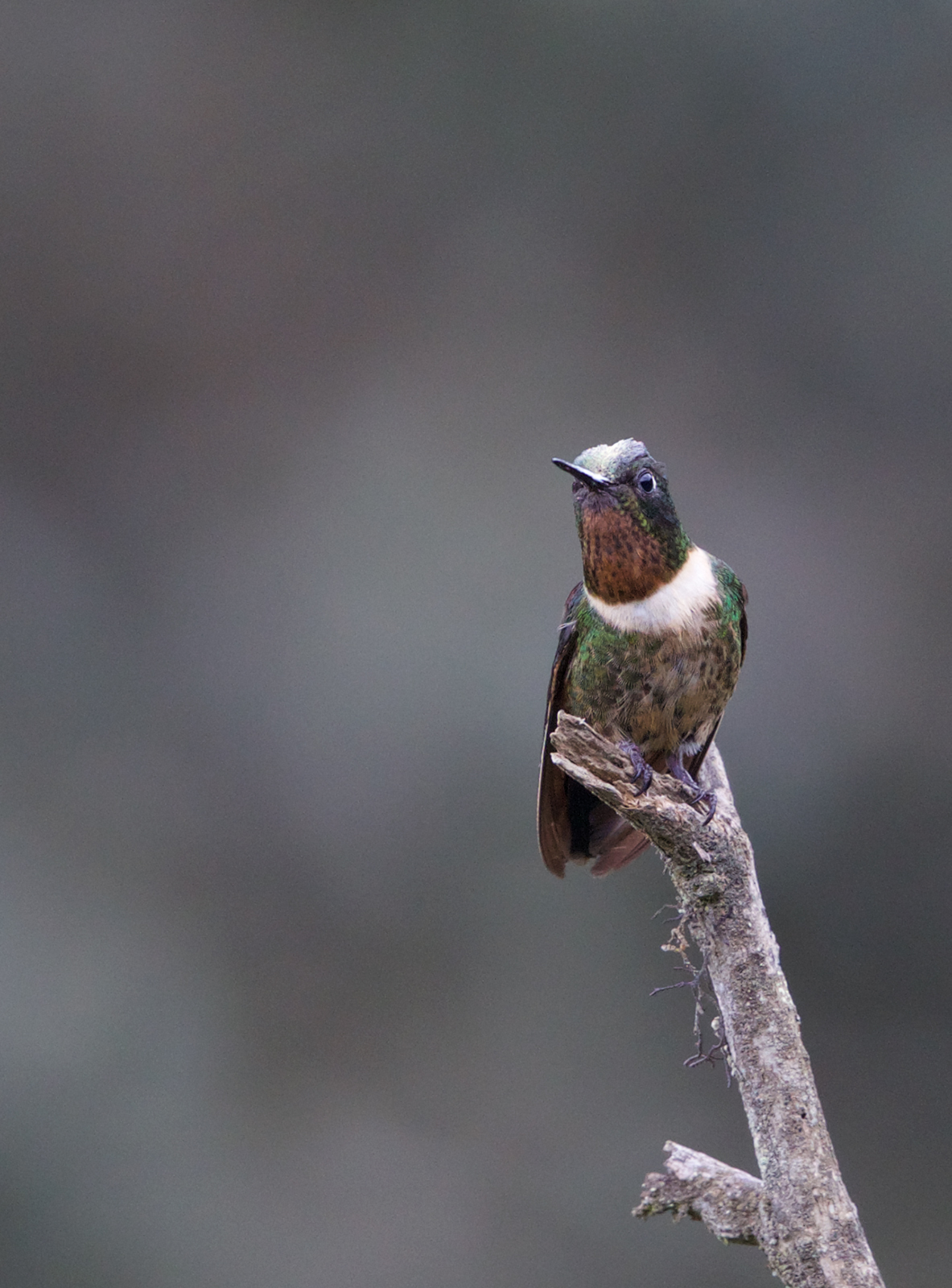Return of Bird of the Week: Collared Inca

Collared Inca, Peru
The taxonomy of this hummingbird is a mess. Depending on which ornithologist you are talking to, the Collared Inca is actually four species (GReen, Collared, Gould’s, Vilicamba) or just one. WC ran out of digits attempting to count the subspecies; again, it depends entirely on the bird researcher. WC has seen three of these “species” but counts it as one. Birds of the World (paywalled) has lumped the four and treats them as a single species.

Collared Inca, Peru
This is a cloudforest bird, resident year-round in the humid montane forests of the Andes, mainly at 1,800–3,000 meters altitude, sometimes lower at 1,500 meters. Some of the subspecies will forage on the edges of forests. The bird forages on nectar of flowering Cavendishia, Fuchsia and various Ericaceae, as well as vines and climbers. It feeds by trap-lining – following the same route repeatedly over the course of a few hours – in understory to lower middle levels of the forest, sometimes in canopy, at forest edges or within dense vegetation. Sometimes it behaves territorially at patch of flowers. But not always. It catches arthropods by hawking or gleaning from foliage, presumably mostly to feed nestlings, who need the proteins.
Mostly, little is known. The quarrels about taxonomy reflect that lack of knowledge. The species (or four species) is fairly common, and is not believed to be threatened. But there is no data.
A fairly large, handsome and generally unknown hummingbird, like too many Neotropic species.
For more bird photographs, please visit Frozen Feather Images.